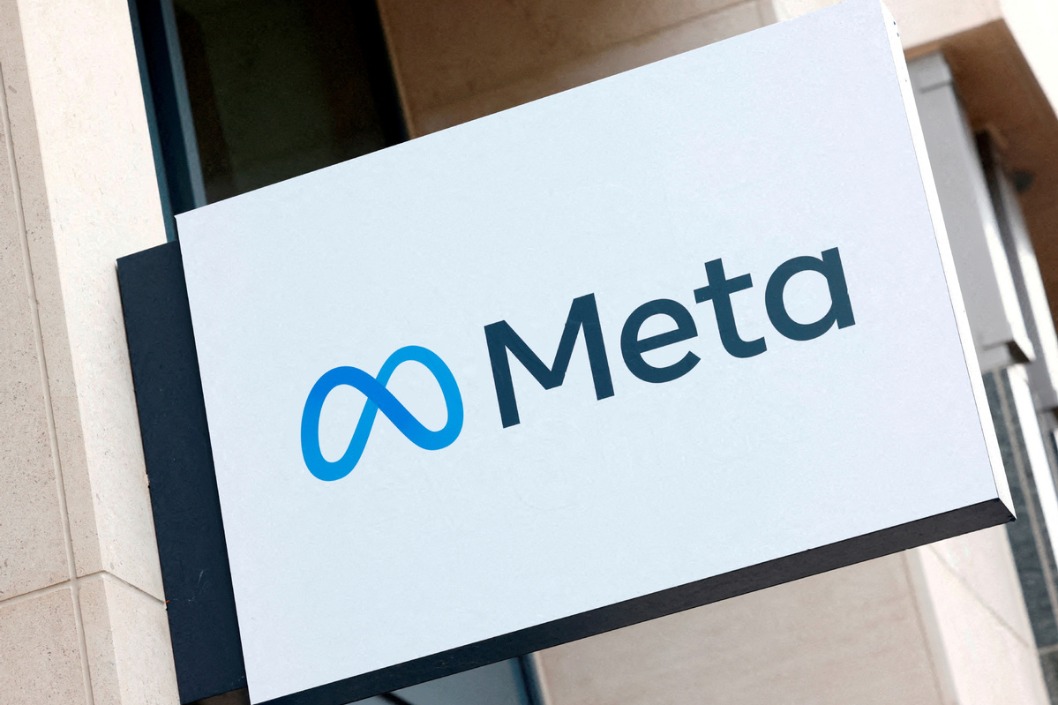France's Mistral AI Unveils Its First Reasoning Model

French artificial intelligence startup Mistral recently announced the launch of Magistral, a sophisticated "reasoning" model, positioning it as Europe’s first AI of its kind. This new model is engineered to navigate and resolve complex problems by employing logical thinking processes. Magistral is immediately available on Mistral's proprietary platforms and the AI platform Hugging Face, aiming to provide users with advanced AI capabilities.
A key feature of Magistral is its ability to display a "chain of thought," which transparently illustrates the system's methodology in approaching a problem presented in natural language. Mistral emphasizes that this design provides "traceable reasoning that meets compliance requirements," making it particularly valuable for professionals in sectors such as law, finance, healthcare, and government. This transparency directly addresses the significant challenge of "interpretability" in AI – the difficulty in understanding how AI systems, trained on vast datasets, arrive at specific responses, a process often opaque even to their developers.
According to Mistral, Magistral is designed for "general purpose use requiring longer thought processing and better accuracy" than its preceding generations of large language models (LLMs). Beyond its core problem-solving prowess, the company also highlighted Magistral's enhanced performance in tasks such as software coding and creative writing, broadening its potential applications.
This launch is part of Mistral's broader strategy to compete with American and Chinese AI giants. Valued by venture capitalists at US$6.2 billion, Mistral seeks to differentiate itself by championing its European origins and by making some of its models open source, a contrast to the often proprietary nature of offerings from competitors like OpenAI and Alphabet’s Google. With the backing of figures like French President Emmanuel Macron, Mistral is widely regarded as Europe’s most promising contender for establishing a home-grown AI powerhouse, despite currently lagging in terms of market share and revenue. The development of reasoning models, which utilize chain-of-thought techniques to break down complex problems, is viewed as a crucial step forward, especially as the traditional method of scaling LLMs by simply adding more data and computing power encounters limitations. This strategic shift could offer Mistral an opportunity to gain ground on its more heavily capitalized rivals.
The landscape of AI reasoning models is rapidly evolving and highly competitive. Magistral enters a field populated by established models such as OpenAI's o3, certain versions of Google's Gemini, Anthropic's Claude, and R1 from Chinese challenger DeepSeek. OpenAI pioneered the launch of reasoning models last year, with Google introducing its versions shortly thereafter. Meta has also indicated that its latest high-end model incorporates reasoning capabilities, though it has not yet released a dedicated stand-alone reasoning model. Notably, China's DeepSeek has emerged as a formidable competitor, particularly since January, with its offering of low-cost, open-sourced AI models, including a specialized reasoning model.
Despite the enthusiasm surrounding these advancements, the fundamental concept of AI "reasoning" has also attracted critical examination. Researchers from Apple recently published a paper titled "The Illusion of Thinking," which posits "fundamental limitations in current models." The paper argues that these models "fail to develop generalizable reasoning capabilities beyond certain complexity thresholds," thereby casting doubt on the true depth of understanding and reasoning achievable by contemporary AI systems.











